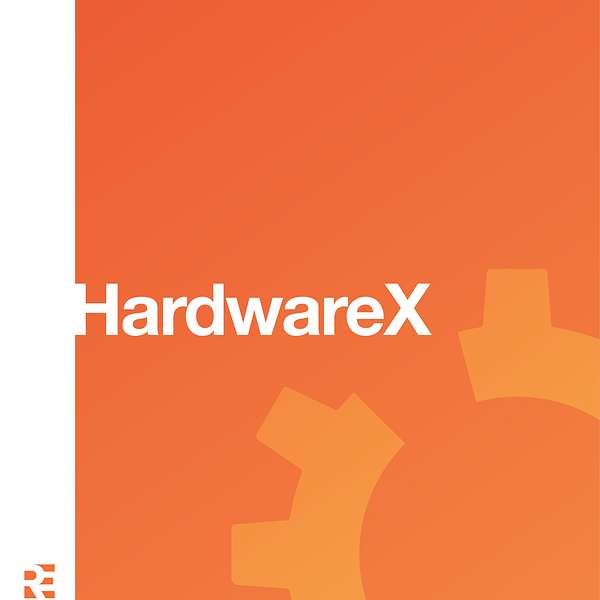
HardwareX Podcasts
HardwareX provides interviews and deep-dives with scientists and leading experts in open-source hardware. Produced for the journal HardwareX from Elsevier Publishing Company.
HardwareX Podcasts
Drones for Data Gathering: How open-source hardware is making environmental research more viable
Use Left/Right to seek, Home/End to jump to start or end. Hold shift to jump forward or backward.
What does it take to make research catch up with climate change?
The Arctic regions hold crucial information about the environmental impact of rising temperatures. Calving glaciers and treacherous territories make it a life-threatening mission to collect it though.
As autonomous technologies improve, drones, boats and rovers are increasingly being deployed in place of humans to sample, monitor and manage marine and aquatic systems. However, as costs can range in the millions, the value these technologies can provide researchers is relevant to their cost. That is why Daniel F. Carlson and Claus Melvad put it to a group of engineering students at Aarhus University in Denmark to design a low-cost, lightweight and replicable drone for accompanying them on missions to Greenland. In this episode, we take a look at the Naval Operating Research Drone Assessing Climate Change (NORDACC) and discuss how open-source principles coupled with citizen science could accelerate climate change research - and results.
This episode is researched, produced and edited by Miriam Gradel, Journalist and Media Editor at HardwareX. The music is provided by Kammerin Hunt and ComaStudio via Pixabay.
HardwareX is a peer-reviewed scientific journal about open-source hardware. For more info, visit HardwareX.

